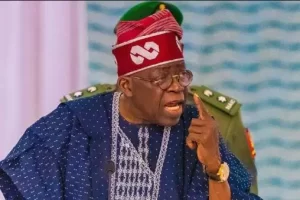Zimbabwe’s ruling party, Zanu-PF, has announced its intention to extend President Emmerson Mnangagwa’s term in office by two years, potentially keeping him in power until 2030 instead of the constitutionally mandated 2028.
Farai Marapira, the party’s director of information, confirmed the proposal on Tuesday, describing it as a “party position” already agreed upon. However, the details of how the extension would be implemented remain unclear.
“The issue of the president staying in power is a party position which has been agreed upon,” Marapira told Reuters. Asked whether this would involve amending the constitution to change the current presidential term limit of five years, he said, “The modalities have not been decided.”
Under Zimbabwe’s constitution, the presidency is limited to two five-year terms, with Mnangagwa’s second and final term set to end in 2028. Any move to extend this timeline would likely require a constitutional amendment, a process that could stir significant controversy.
Zanu-PF holds a majority in parliament, which could enable it to pass such changes, but the decision is expected to face strong resistance from opposition parties and civil society organizations.
The main opposition party, the Citizens Coalition for Change (CCC), led by Nelson Chamisa, has yet to comment on the proposal, though it has consistently accused Mnangagwa’s government of undermining democratic principles. Critics argue that extending his term could erode Zimbabwe’s constitutional integrity and deepen political divisions.
Mnangagwa, 82, has been in power since 2017, after succeeding Robert Mugabe in the wake of a military coup. While he has positioned himself as a reformist leader, his tenure has been marked by allegations of human rights abuses, corruption, and economic mismanagement.












